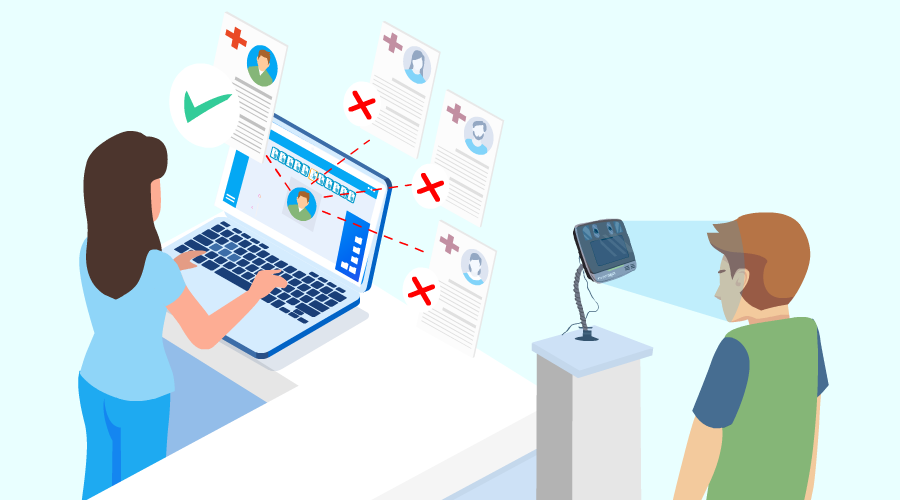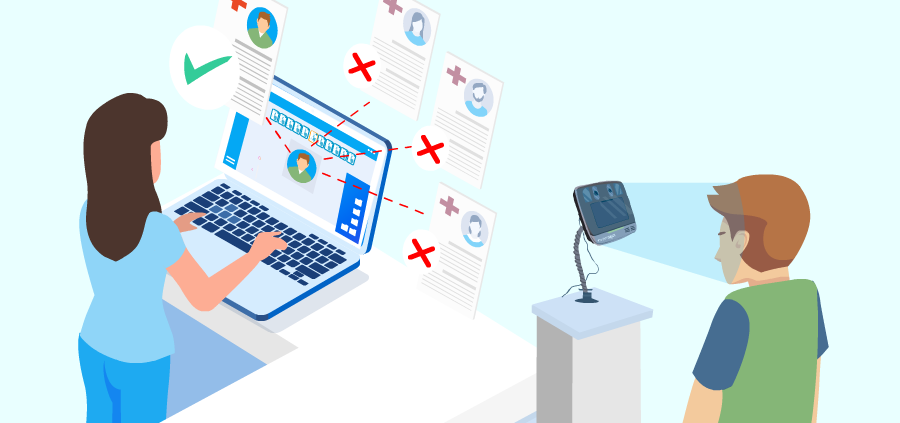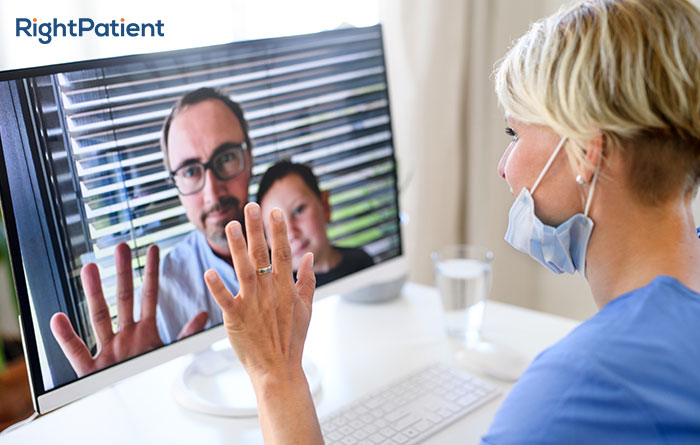Hospitals are Prioritizing Patient Matching Accuracy

Patient identification has been haunting the healthcare industry since its inception. Using the existing practices in the industry, accuracy rates are significantly low and cannot be used to exchange health data effectively, as reported by officials from different healthcare systems such as hospitals and physicians. The industry is in dire need of patient matching improvement.

However, the above report is not the only one – other statements point towards the same conclusion of requiring patient matching improvement, as per the research brief from Pew Charitable Trusts. A study was conducted by Pew researchers along with Massachusetts eHealth Collaborative (MAeHC) that sought to identify the current situation of patient identification in the healthcare industry. They did so by collecting information from different healthcare executives with the use of interviews. Another aspect of the study was to identify how to achieve patient matching improvement. The sample of this study was healthcare experts and influential figures from various practices and sizes who served numerous patients in diverse regions all over the country.
A vast majority of the sample expressed the same view – patient identification and matching were quite inaccurate and desperately needs an overhaul, thanks to the increasing demand for interoperability.
Healthcare providers are now motivated to exchange more health data due to the recent CMS Promoting Interoperability program. That’s not all! CMS is also going to be granting incentives to accountable care organizations (ACOs) who will show savings through activities which support care coordination.
According to the Pew researchers, healthcare systems like hospitals and clinicians eligible for these programs need to exchange information with others so that all of the parties have the latest patient data from other various institutions.
The hospital officials stated that it is quite challenging to measure the match rates, resulting in their efforts being ineffective to examine and improve the patient identification rates. They also had difficulty providing a number when asked for the identification rates within their organizations. This was because many hospitals only keep a record of the duplicates identified through EHRs, whereas others do not know which files are relevant and which are unlinked. Thus, without knowing the actual number of correct matches, these healthcare systems cannot determine their match rates. Therefore, only the amount of misidentifications was provided by them, thus summarizing the research.
It was also identified that healthcare systems could easily match patient identities when asked by organizations they are in constant contact with. Both automated and manual processes are utilized to link records to the correct individual.
However, whenever it is an organization with whom the healthcare system is not in contact with regularly, match rates are inclined to be lower. This is because these unsolicited requests introduce more blockades because the healthcare system may not have a record of that individual, and the healthcare system uses automated processes for such applications. On top of that, the research also showed that urban areas require better identification rates compared to rural areas as not much-sharing activities take place in the latter.
Some healthcare executives also think that improved patient identification matching requires significant costs. However, many believe that biometric patient identification is the solution to improve matching rates and is worth the cost. Some hospitals are even utilizing iris scanning solutions like RightPatient to identify all their patients and pull their relevant data from their EHRs and show a significant change. They report that it is fast, accurate and improves the overall patient experience as well as speeding up the whole process and saving valuable time of the physicians so that they can concentrate on more critical tasks such as the patients themselves.









Leave a Reply
Want to join the discussion?Feel free to contribute!